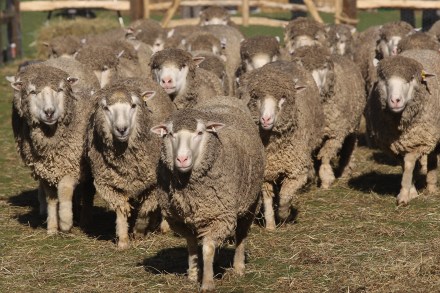Interview: Mary Robinson
In 1990 Mary Robinson became Ireland’s first female president. As a progressive liberal, Robinson seemed a very unlikely candidate for the job, in what was then, a deeply conservative country. Throughout the 70s and 80s, she worked as a human rights lawyer, as well as a Senator, arguing a number of landmark cases that challenged various clauses in the Irish constitution that failed to protect minorities. Robinson fought on behalf of women, who were effectively treated as second-class citizens, homosexuals, who were criminalized for their sexual orientation, and she also campaigned to change the law on the sale of contraceptives, which were illegal in Ireland, without prescription, until 1985. When










